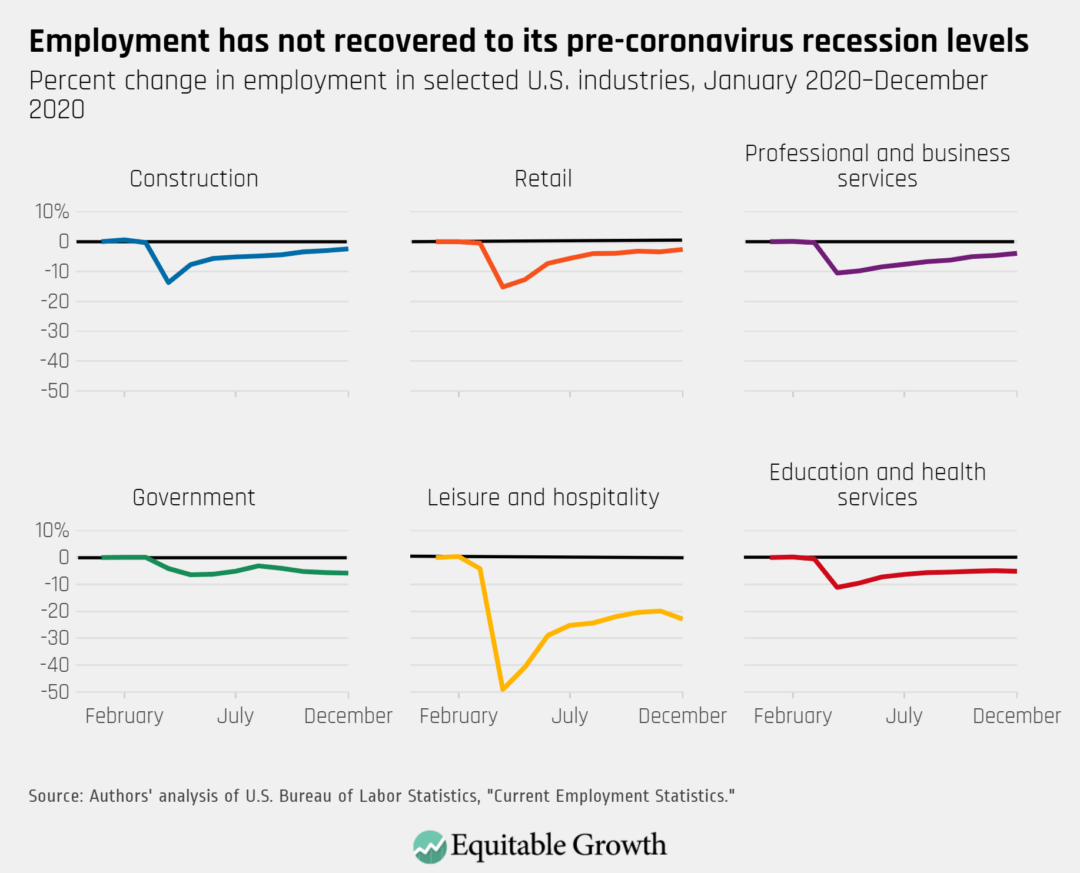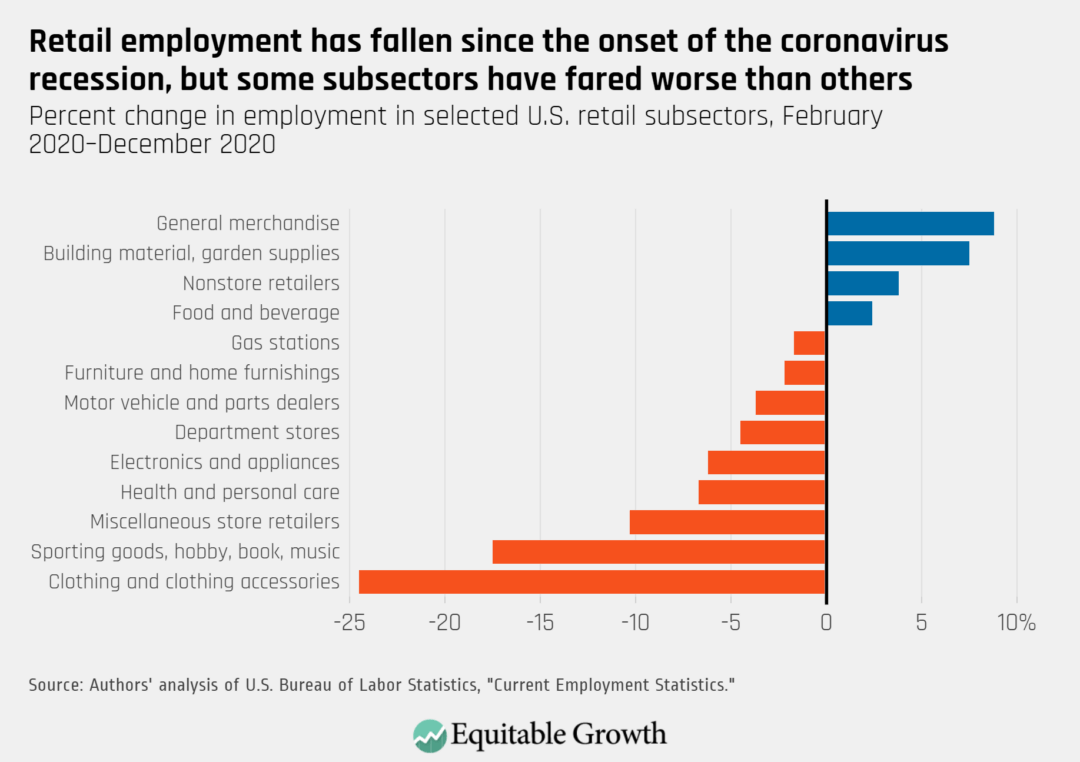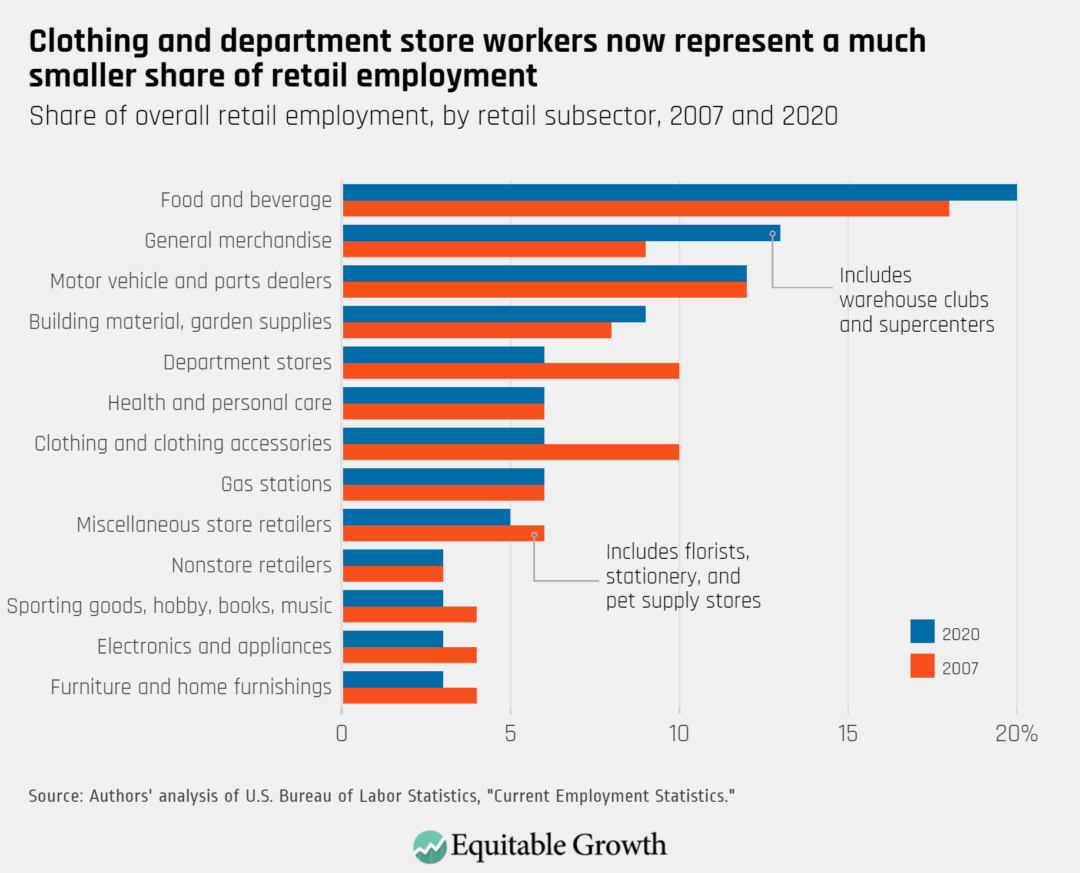http://feedproxy.google.com/~r/beat_the_press/~3/h8hHumfQ4TQ/
Representative Peter DeFazio, along with seven House co-sponsors, introduced the "Wall Street Tax Act" today. This bill would impose a tax of 0.1 percent of sales of stocks, bonds, options, and other derivatives. According to the Congressional Budget Office, it would raise almost $800 billion over the course of the next decade. This would be more than enough to cover the entire food stamp budget over this period. It would be almost enough to fully replace the annual research spending of the pharmaceutical industry, which would mean that all new drugs could be sold as cheap generics from the day they approved by the Food and Drug Administration. In short, this is real money.
The financial industry is already screaming bloody murder over this bill for an obvious reason – it comes out of their hide. The financial industry has been ripping off retirement savers for decades with exorbitant fees and excessive trading. It's not uncommon for an insurance company or brokerage house to charge people 1.0 percent a year or more for the privilege of letting them host your 401(k) or IRA. Just to be clear, this is simply what they charge for hosting the account. They charge additional fees for the various funds (e.g. stock or bond index or value fund) in which people actually invest their money.
This means that a person with $100,000 in a 401(k) may be paying $1,000 a year to an insurance company or a brokerage house, for essentially nothing. Then we add in the fees for the individual funds. If they actively trade your account, these can easily run to another 1.0 percent annually, and often considerably more. It would not be uncommon for someone to be handing the financial industry 2.0 percent of their 401(k) every year, or $2,000 for this person with $100,000 in their account.
The DeFazio bill will take a bite out of the industry's take. The story is a simple one. It will make it more costly to trade financial assets. The industry will be hyping the additional trading cost as the end of the world.
Some simple arithmetic shows that the additional costs are not much for retirement savers to get excited over. Suppose our investor with $100,000 in their account trades 25 percent each year. This would be $25,000 in trades. The DeFazio bill would tax these trades at a rate of 0.1 percent. That comes to $25 a year, assuming the industry fully passes on the tax to investors. That doesn't sound too devastating and in fact is trivial compared to the $1,000 to $2,000 that the financial industry might be pocketing off this person's account.
But wait, it gets better. When the cost of trading goes up, people do less trading – sort of like when the price of apples go up we expect people to buy fewer apples. Most research indicates the decline in the volume of trading will be roughly proportional to the percentage increase in the cost. This means, for example, if the DeFazio bill raises the cost of trading by 30 percent, then the amount an account is traded will be reduced by roughly 30 percent.[1]
If each trade costs the account holder 30 percent more, but they reduce their trading by 30 percent, then the total cost of trading will be essentially unchanged. That means the $25 cost to this investor that we just calculated is actually close to the zero. The $25 comes out of the pockets of the financial industry, since it will be collecting less money in fees and commissions on trading. And now you understand why they hate the DeFazio bill.
There is a part of this story that always leaves people uneasy. If accounts are trading less, then won't investors be earning less money? The answer to this is no.
Every trade has a winner and a loser. If I was lucky enough to sell shares of stock before the price fell, then I ended up ahead on the deal. But there was some sucker who had the misfortune to have bought the stock just before the price drop. On average, we end up winners half the time and losers half the time, so no, on average we don't gain from trading and we won't suffer from less trading.[2] (Yes, there are some very astute fund managers that consistently beat the market, you don't have one.)
The financial industry doesn't like it when people point out that investors don't make money from trading, since it makes it clear what the real tax on retirement savings is – the industry's fees. But that is the reality, and DeFazio is proposing a bill that will substantially reduce the size of the financial industry's tax on our savings.
And, we can use this money for important public purposes, like providing child care or combatting global warming. This is a tax we need.
[1] I realize most people are not directly trading their account. This means that fund managers will reduce the amount they trade by roughly 30 percent.
[2] There is of course a value to being able to trade stocks, bonds and other financial assets, so there would be a problem if trading fell to zero or something close to it. But we don't have to worry about that story. Trading volume today is more than twice what it was in the 1990s, when almost everyone would agree we had very robust capital markets. This means that even if we saw sharp declines in volume we need not be concerned about being able to cash out of our 401(k) when we retired, or if we needed the money for an emergency.
The post The DeFazio Bill: Reducing the Financial Industry's Tax on Retirement Savings appeared first on Center for Economic and Policy Research.
-- via my feedly newsfeed









